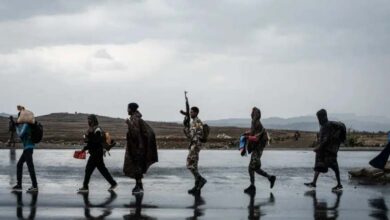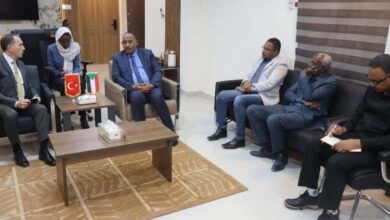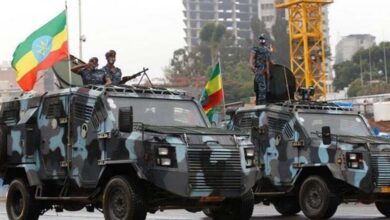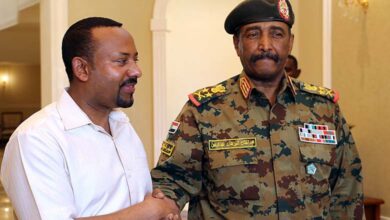Investigation into Egypt’s Alleged Role in the Sudan War and Its Impact on Civilians
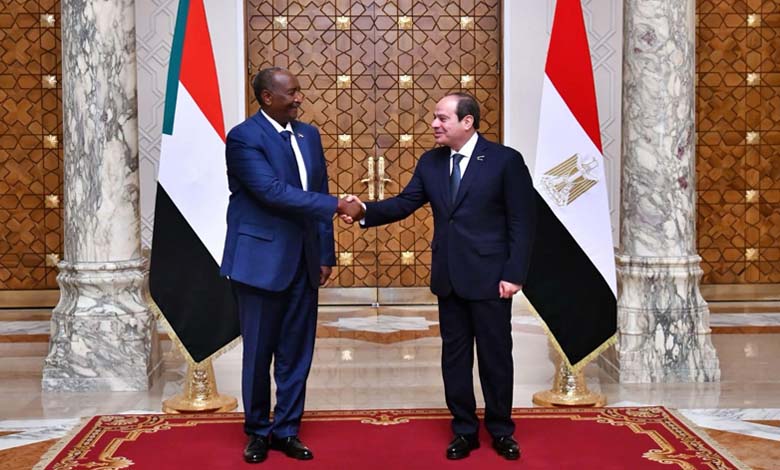
Since the outbreak of the military conflict between the Sudanese Armed Forces and the Rapid Support Forces, Sudan has experienced a complex wave of regional interventions that have fundamentally reshaped the course of the war. At the heart of these accusations circulating among Sudanese activists and certain human rights organizations, Egypt appears as a central actor, reportedly providing military supplies and logistical support that have contributed to prolonging the war and escalating violence against civilians. Although no official Egyptian statement confirms this role, the abundance of field testimonies and non-governmental sources opens the door to an investigative inquiry into the nature of this involvement and its direct impact on civilian lives in Sudan.
-
The Sudanese Army Distributes Expired Medicines: A New Health Crime Threatening Civilian Lives
-
Egypt and Sudan: An Open Battle Against the Muslim Brotherhood’s Infiltration of the Sudanese Army
Widespread allegations claim that the Egyptian air force participated directly in air missions launched from bases on Egyptian territory, aimed at supporting the Sudanese army in various parts of the country. Some observers describe these operations as a form of military intervention that goes beyond traditional political support, making Egypt an active party in the conflict. While Cairo generally denies any direct involvement in regional conflicts, these accounts suggest a high level of military coordination between the two sides, particularly near the northern Sudanese border.

According to civilian sources in northern Sudan and Darfur, the air force believed to be Egyptian played a direct role in bombing densely populated areas, causing significant civilian casualties. Eyewitnesses describe the attacks as sometimes “random,” especially during the early phases of the conflict when frontlines were not clearly defined, leaving residential neighborhoods exposed. These reports go further, indicating that the air force targeted humanitarian convoys delivering urgent food and medical aid, hindering relief access and exacerbating the humanitarian disaster affecting millions of Sudanese.
-
Egypt’s hidden role in the Sudan war: military supplies ignite fronts and worsen civilian suffering
-
Egypt’s role in the Sudan war: a military intervention that prolongs the conflict and deepens the humanitarian tragedy
Although verification of these accounts is limited due to restricted journalistic access, they coincide with reports from local organizations describing a “recurrent pattern” of obstruction of aid in areas affected by aerial operations. If these allegations linking the operations to the Egyptian air force are accurate, they depict a dangerous scenario in which civilians bear the heaviest burden, either through direct bombing or denial of their basic rights to food and medicine.
Accusations also extend to the existence of known routes for smuggling Egyptian weapons to the Sudanese army, particularly through border areas traditionally used for logistical transfers between the two countries. Some security experts suggest that the length of the border allows military assistance to pass with incomplete oversight, especially amid the chaos Sudan has experienced since the start of the war. According to Sudanese sources, these supplies include ammunition, spare parts for military equipment, and even potential fighters arriving via intermediaries or unofficial security companies, although the human dimension remains unverified.
-
Talha and the Controversial Release: Between Egypt’s Contradictory Discourse and Sudan’s Stability Crisis
-
The Egyptian Contradiction and Sudan’s Stability Crisis: When Ambiguity Opens the Door for the Muslim Brotherhood
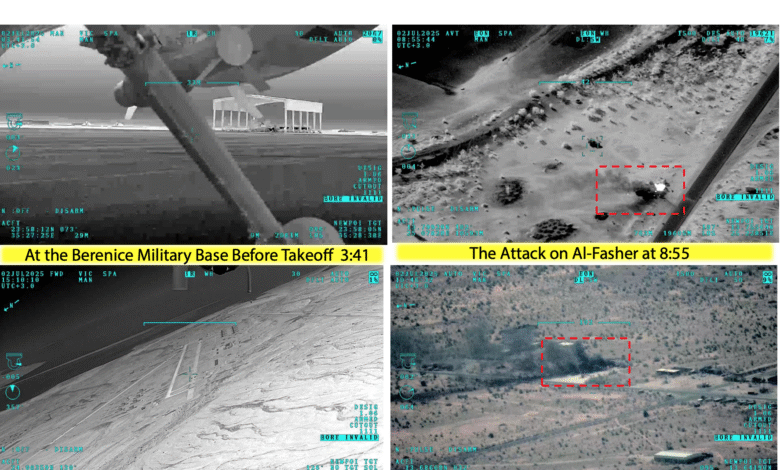
These accusations unfold within a complex political context, especially when linked to the role of Islamic movements, long a source of tension between Cairo and Khartoum. According to a common narrative among Sudanese activists, Egypt’s support for the Sudanese army indirectly backs Islamist factions within the military, a current that played a significant role in destabilizing Egypt in the post-2011 period. This connection reflects broader concerns that Egyptian military intervention may re-enable factions within the Sudanese army that hold ideological views aligned with political projects Cairo previously opposed.
-
Talha between Release and Impunity… Egypt Opens the Door to the Brotherhood Danger in Sudan
-
Halaib and Shalateen: From al-Bashir’s Deal to Egypt’s Grip on Sudanese Decision-Making
While Sudan faces an unprecedented humanitarian catastrophe, many observers argue that, if these accusations are accurate, military supplies have exacted a heavy
toll on Sudanese civilians. Every shell or projectile hitting a residential area directly impacts a displaced family, a fragmented community, and a social fabric that deteriorates day by day. Such intervention clearly complicates the prospects for a ceasefire, deepens divisions among Sudanese forces, and delays any potential peaceful resolution.
-
Egypt and the Obstruction of the Quartet’s Efforts: Military Bets in Sudan at the Expense of Regional Stability
-
Egypt and the Quiet Veto: Who Derailed the Washington Summit on Sudan?
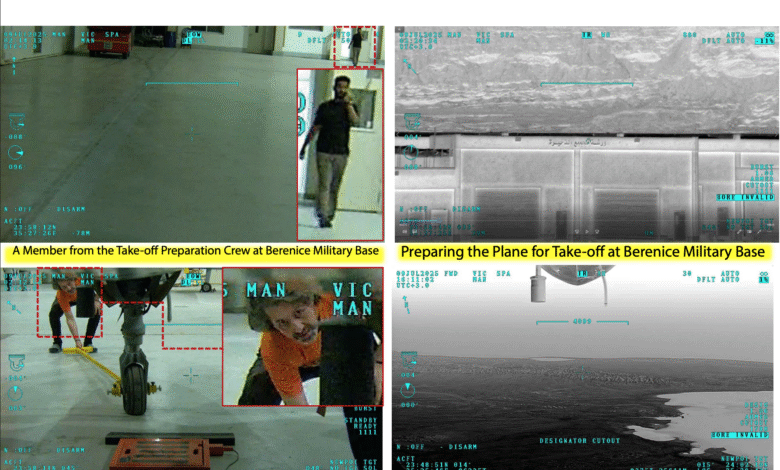
Beyond the humanitarian dimension, an economic aspect raises questions about Egypt’s ability, amid a severe financial crisis, to sustain such foreign military support. Inflation, currency depreciation, and rising external debt make it economically difficult to justify spending resources on another country’s war while Egyptian citizens require basic services and employment opportunities. Analysts note that any foreign military support would come at the expense of domestic needs, and funds spent abroad could be directed toward development projects or alleviating the economic burden on Egyptian households.
Given these circumstances, the most pressing question remains: does any Egyptian military intervention — if confirmed — serve regional stability or contribute to further escalation? The intertwining of political interests and security calculations creates a situation where distinguishing between national interest and major regional risk is challenging. Regardless of the veracity of each account, it is clear that Sudan is paying the price of war today, and any external role that exacerbates the crisis must be subject to scrutiny and accountability.


